There are a few times when emergency veterinary care is needed, no exceptions. Whether you’re at home and know of an incident that occurred, or you find your cat in a particular condition, you will need to locate the nearest veterinarian that accepts emergencies near you. One of those instances is if you find your cat or see your cat unwilling and/or unable to move, but they’re still breathing. This situation, no matter the cause, needs immediate veterinary attention, and we will discuss why and what to do in this article.

What to Do at Home if You Notice Your Cat Moving but Not Breathing
First, approach your cat with caution. Some conditions will cause significant pain in your cat, such as a blood clot to the back legs. When painful or in distress, some cats will thrash, lash out, bite, and scratch if you try to touch them. Always approach your cat slowly and bring a large towel or blanket. You can gently wrap your cat to keep both them and you safe, and put them in a carrier or box to keep them contained.
Check your cat’s gum color if they are not trying to bite. A normal gum color in a healthy cat should be bubblegum pink. If you notice that your cat’s gums are pale pink, white, blue-hued, brown, or brick red, this is not normal. Also take note if you notice any red splotches or bruising within the ears or gums as well.
Take note of the litter box. Decreased or absent urine in the litter box could signify a life-threatening situation. Before calling your veterinarian, especially if you have a male cat, always check the litter box to take note of its contents. Also make sure you check rugs, pillows, bathroom rugs, and other soft surfaces around the house. Some cats will urinate on squishy, soft surfaces if they are suffering from urinary issues.
Do not force food, water, or other materials into your cat’s mouth or down their throat. Not only will this put you at risk for being bit, but this is not recommended as you don’t know what is going on with your cat. Forcing your cat to eat, drink or swallow anything may cause more damage than good. A thorough exam and diagnosis should be made before your cat is given any medications.
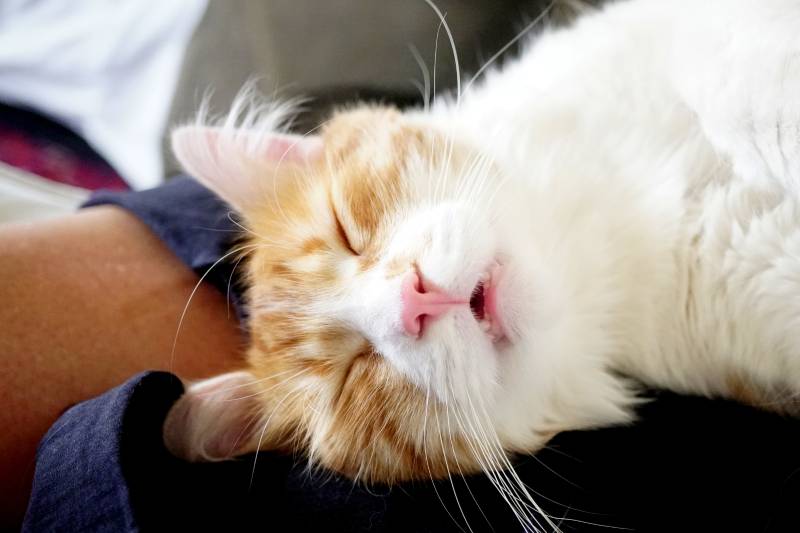

Other Signs to Look For
If you find your cat not moving but still breathing, in many cases, there may be mild abnormal signs leading up to or coinciding with this incident that you may not have noticed. Cats are masters of disguise. In other words, they will hide in general, or hide being sick or ill until their body can no longer compensate. You as an owner will then find your cat extremely ill.
Below are a few mild or more obvious signs that should signal you to take your cat to the veterinarian sooner rather than later. It’s important to let your veterinarian know of anything abnormal or unusual going on with your cat in addition to them not moving but still breathing.
1. Weight Loss
Unfortunately, many of our feline friends are grossly overweight nowadays. Therefore, it may take a while to notice if your cat is losing weight or not. Sometimes a significant amount of weight has to be lost before it’s noticeable, especially if your cat is already big. However, if you notice for any reason that your cat appears to have lost weight, have them seen. There are numerous reasons why a cat may lose weight.
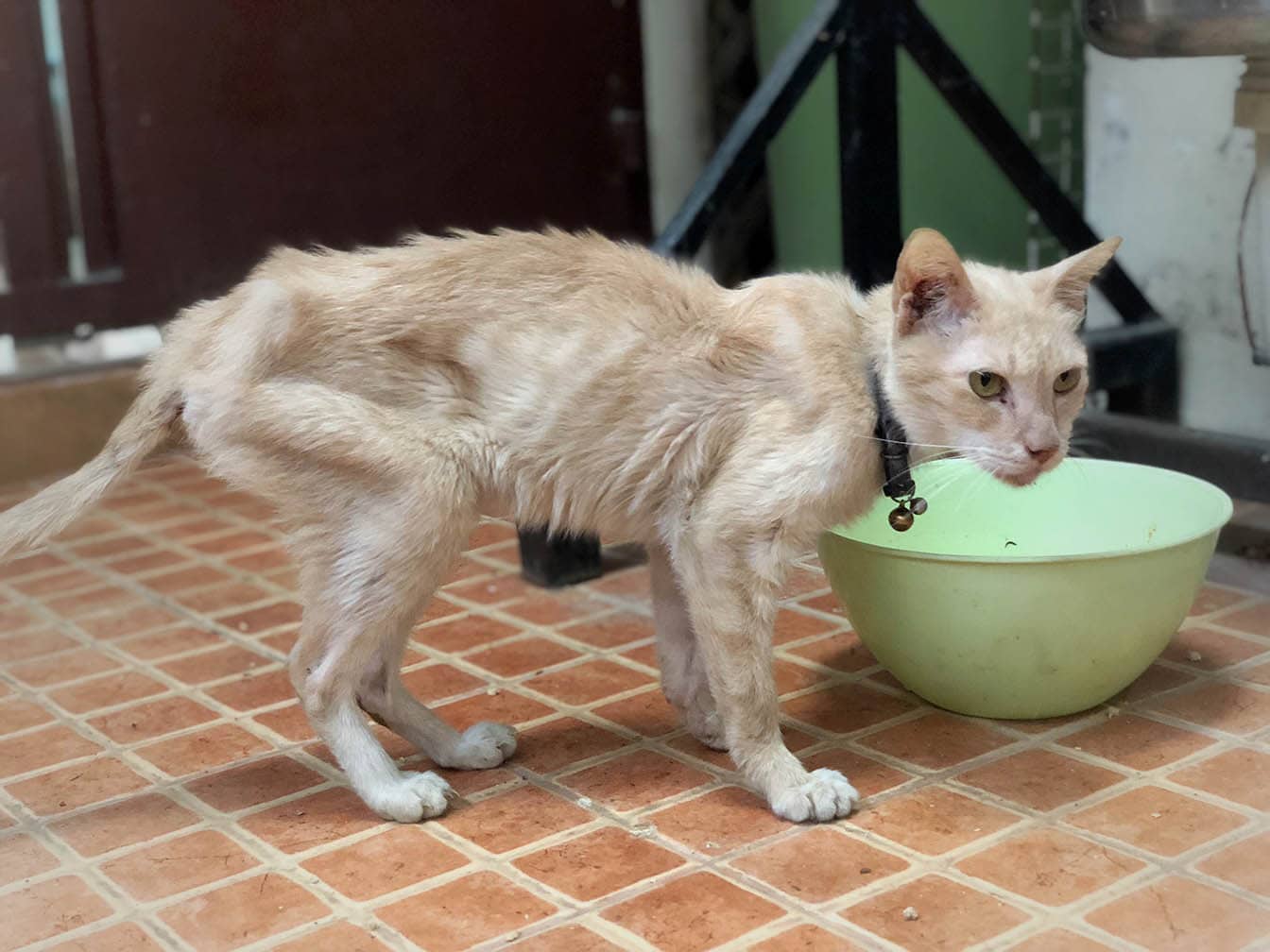
2. Decreased Grooming / Coat Changes
With some diseases, cats will develop changes in their coat such as flaking of the skin, oily texture to the coat, matting, etc. Other times cats will stop grooming because they don’t feel good. Changes in the coat may be a sign there is something more serious going on with your cat.
3. Urinary Changes
Urinary blockage, or the inability to pass urine, is a common problem, especially in male cats. This condition may come on suddenly. Other times, your cat may be straining, having bloody urine, or experiencing abnormal urinations for a short period prior to blockage happening. This is why it’s important to always clean the litter boxes daily so that you can notice mild changes. If your cat, especially if male, has urinary changes and is not passing any urine, they need to be seen by a veterinarian immediately. Urinary blockage is a fatal condition when left undiagnosed and untreated.

4. Significant Vomiting, Diarrhea, Anorexia
It is not normal for your cat to vomit daily, or even weekly. Of course, most animals, just like humans, will experience occasional GI upset. However, there is typically a reason why your cat is vomiting or having diarrhea if it’s occurring multiple times a month. Especially take note if your cat never vomits, and then acutely cannot stop vomiting. All of these warrant a veterinary visit.
5. Changes in Breathing and/or Coughing
Breathing changes can sometimes be mild at first. However, if disease progresses, you may notice your cat breathing quicker than normal, having an increased effort to their breathing, or seem “winded” with little to no activity. It’s important to know that it’s never normal for a cat to pant or breathe with their mouth open. If you notice this or any type of coughing, get your cat to a veterinarian immediately.
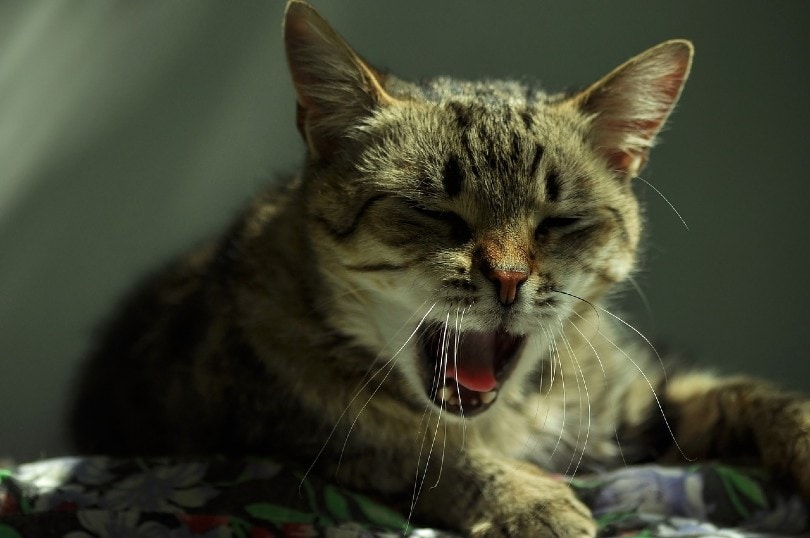
6. Abnormal Vocalizations
Some cats are always talkative. Other times, cats rarely make a peep. However, most owners recognize their cat’s normal meows, peeps, chirps, and noises. If you suddenly hear your cat howling, making noises it typically doesn’t make, or vocalizing oddly, then you should have them seen by a veterinarian. Cats may do this if they are in pain, having trouble breathing, or are otherwise injured and/or sick.
If your cat shows signs of the symptoms above or you suspect they might be suffering from underlying health issues, you should contact your vet.

When to Immediately Seek Vet Care
As we touched on above, there are a few instances when you should get your cat to the veterinarian immediately. If you have a regular veterinarian that you use, always call before just showing up. Depending on how your cat is acting and what may be going on, your regular veterinarian may or may not have the capability to help them in an emergency. They may send you to a local emergency veterinarian. Do not be angered by this. Veterinarians, like other areas of healthcare, are almost all working short staffed nowadays. In addition, not all hospitals have the equipment needed for things like oxygen support, blood transfusions, etc. Always call first but plan to bring your cat somewhere immediately should you notice any of the following:”
- Inability to use one or both back legs
- Inability to urinate – especially if a male cat
- Open-mouth breathing/panting
- Respiratory distress/increased respiratory effort/stretching neck trying to breathe
- Coughing
- Blue/pale/white gums
- Collapse
- Seizure
- Howling and inability to get up and/or walk normally (falling over)
- Vomiting that will not stop
- Circling and/or running into walls and/or head pressing along a wall
- Non-responsive mentation – will not lift head, blink or respond to you calling their name and/or gently touching them
What Will Your Vet Do?
Because there are many reasons that could cause a cat to not be able to move, the course of treatment for your cat will require a vet diagnosis. Your vet will perform a physical exam and blood work to try to determine what is going on with your cat and whether further testing is required. Your vet may need to do an x-ray or other types of diagnostic imaging in order to determine specifically what is going on with your cat. Any type of specific treatment will depend on the results of the physical examination and testing.

Conclusion
Many people reading this article may be frustrated to learn that there is not much we recommend doing at home. Unfortunately, with medicine, there are some instances when immediate medical care is the only option. If you find your cat breathing but not moving, this is one of those times. There are a lot of things that can cause this to occur, and taking note of any mild changes in the days and weeks leading up to this time is important to tell your veterinarian. Always be cautious picking up your cat as they may be painful and try to thrash or bite you. Gently wrap them in a towel or blanket to keep both them and you safe, and make your way to the nearest available veterinarian. Always call the veterinarian first as they may or may not have the capability to help your cat. They may find it’s best for you to go to the emergency veterinarian so that your cat can receive diagnostics and appropriate medical care.
Featured Image Credit: one photo, Shutterstock
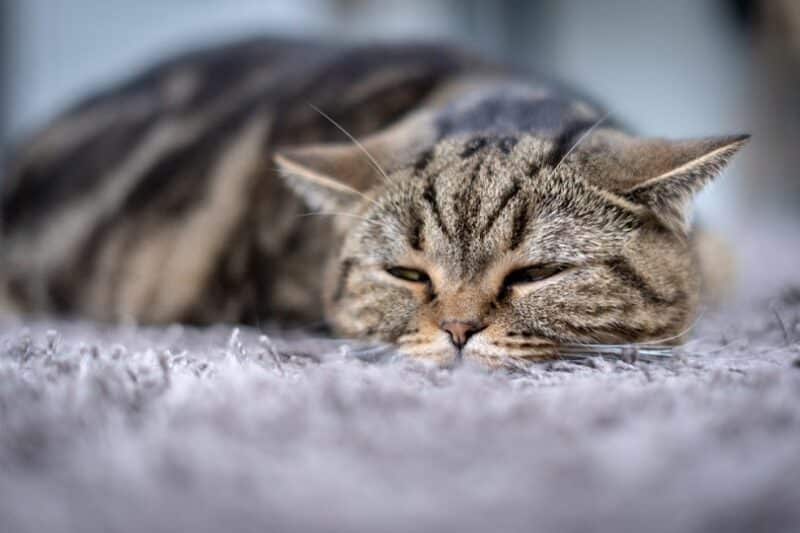

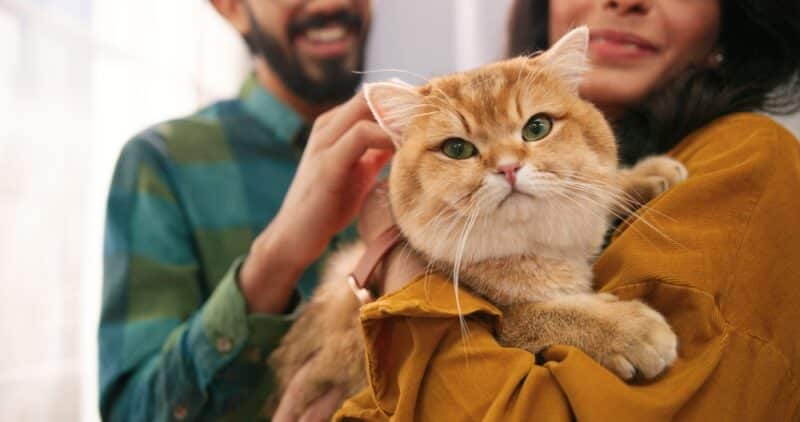
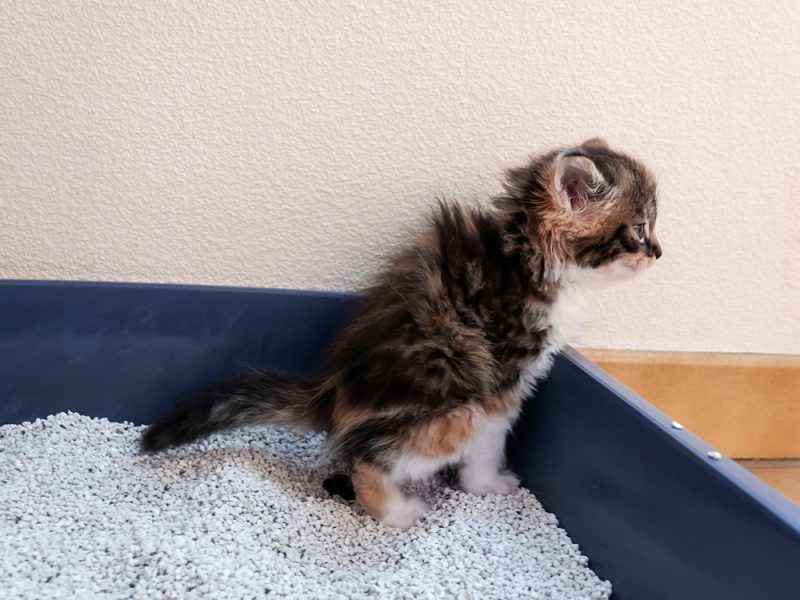

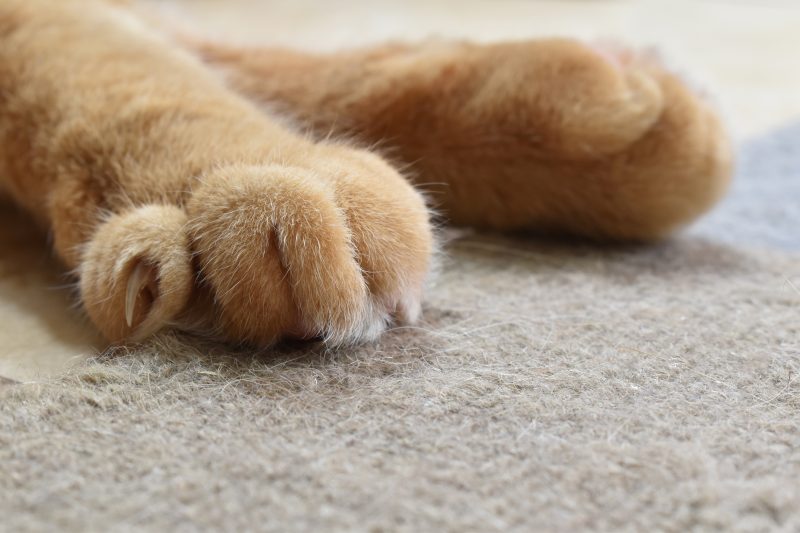
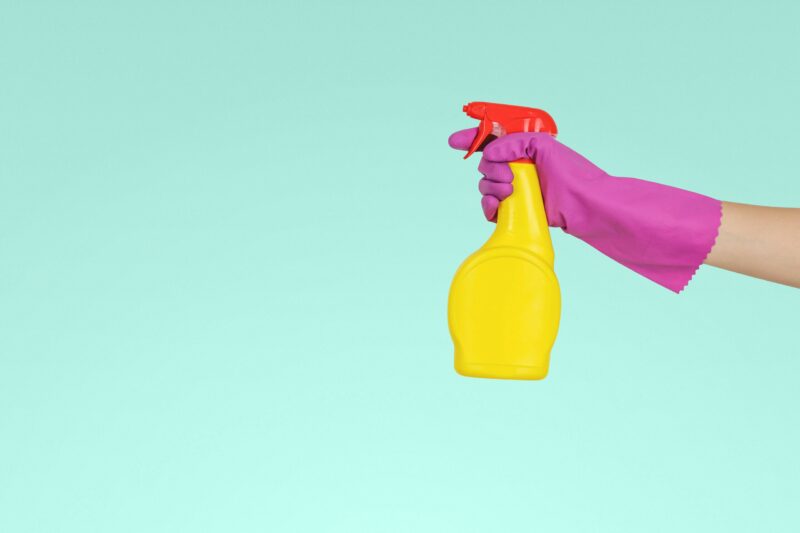
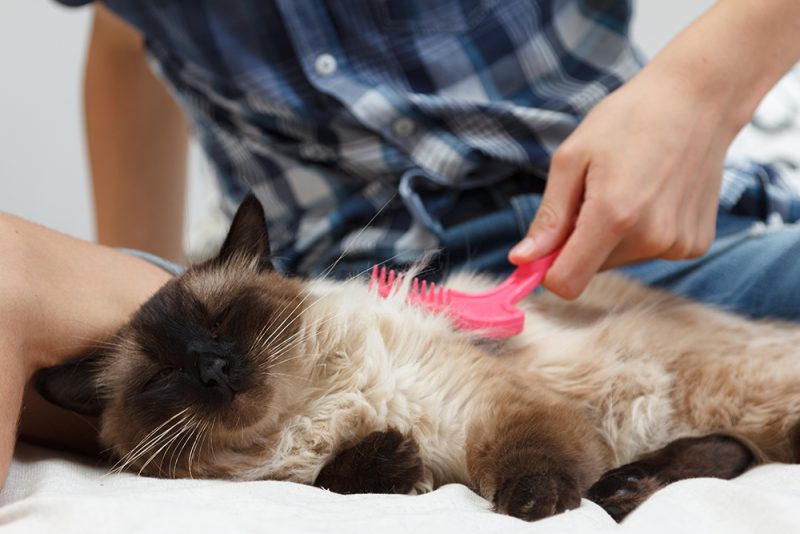

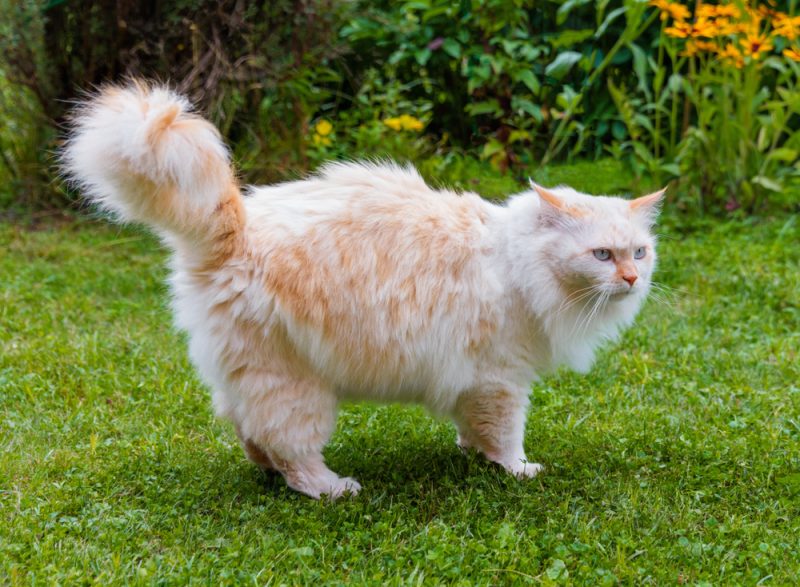

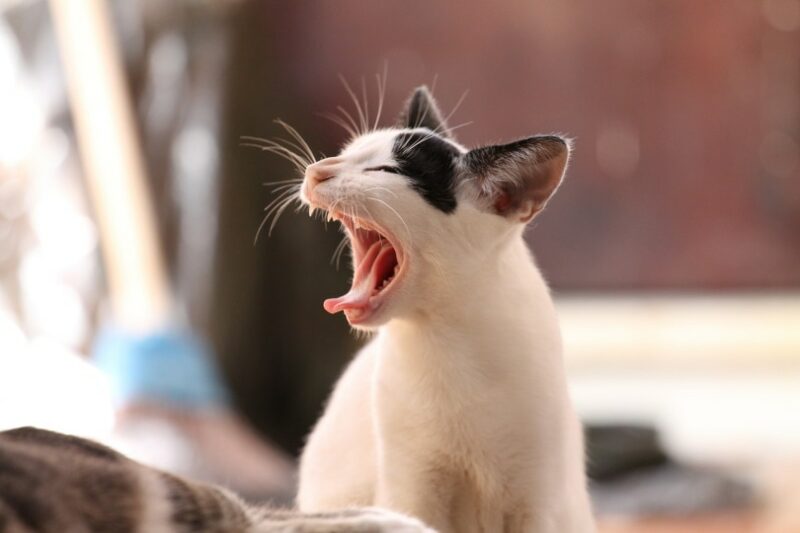

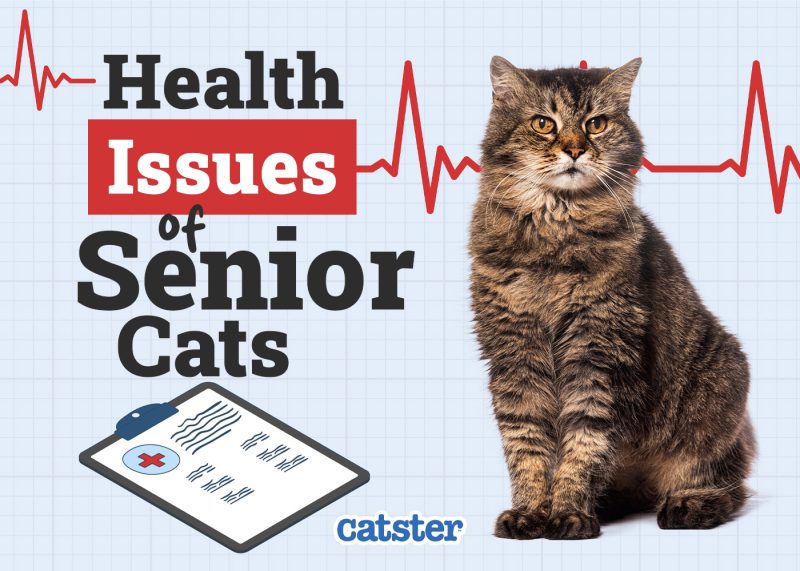
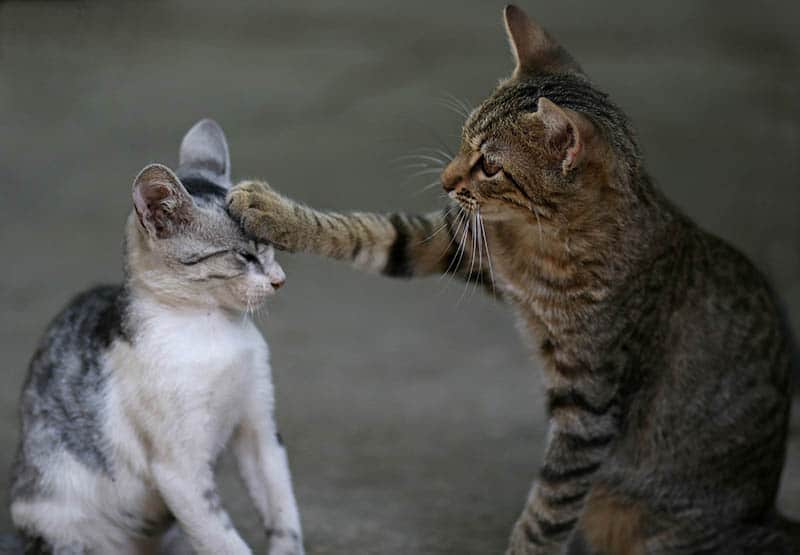

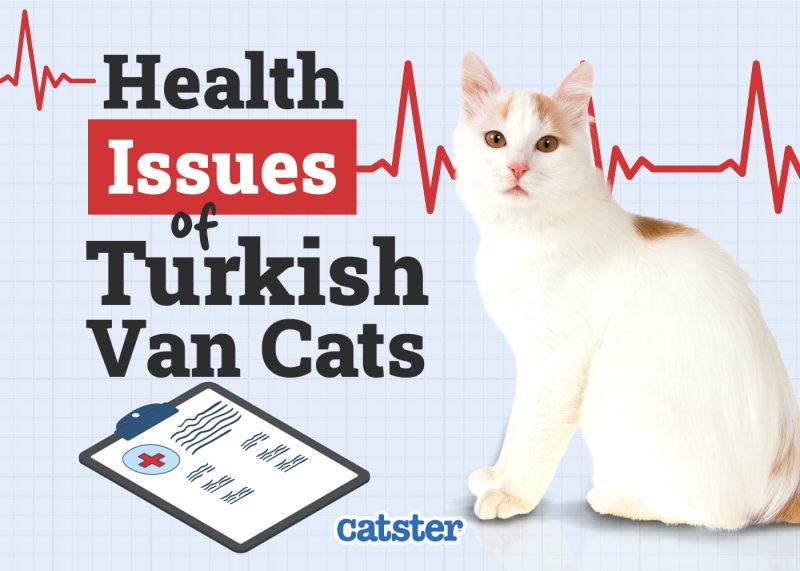
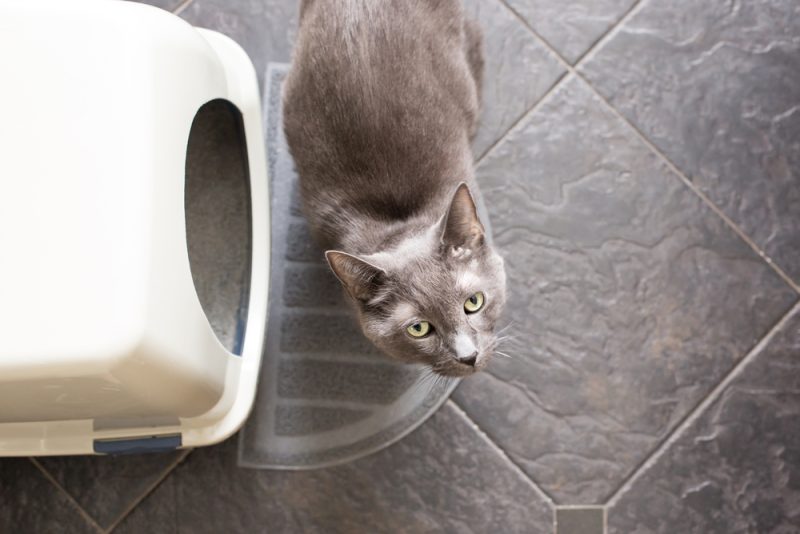



2 Responses
hi I'm a cat owner and I wanted to know ow what my cst has because she stays in her box and she doesn't wanna move kike she used too she is still breathing but she doesn't want to move anymore and she doesn't want to eat I don't give her cat food anymore I feel her with a syringe filled with milk because that is the only way she will drink her milk what do I do
Hi Ariana, thanks for reading us, please contact www.pangovet.com for a detailed history so they can advice you on the next steps to help your cat.